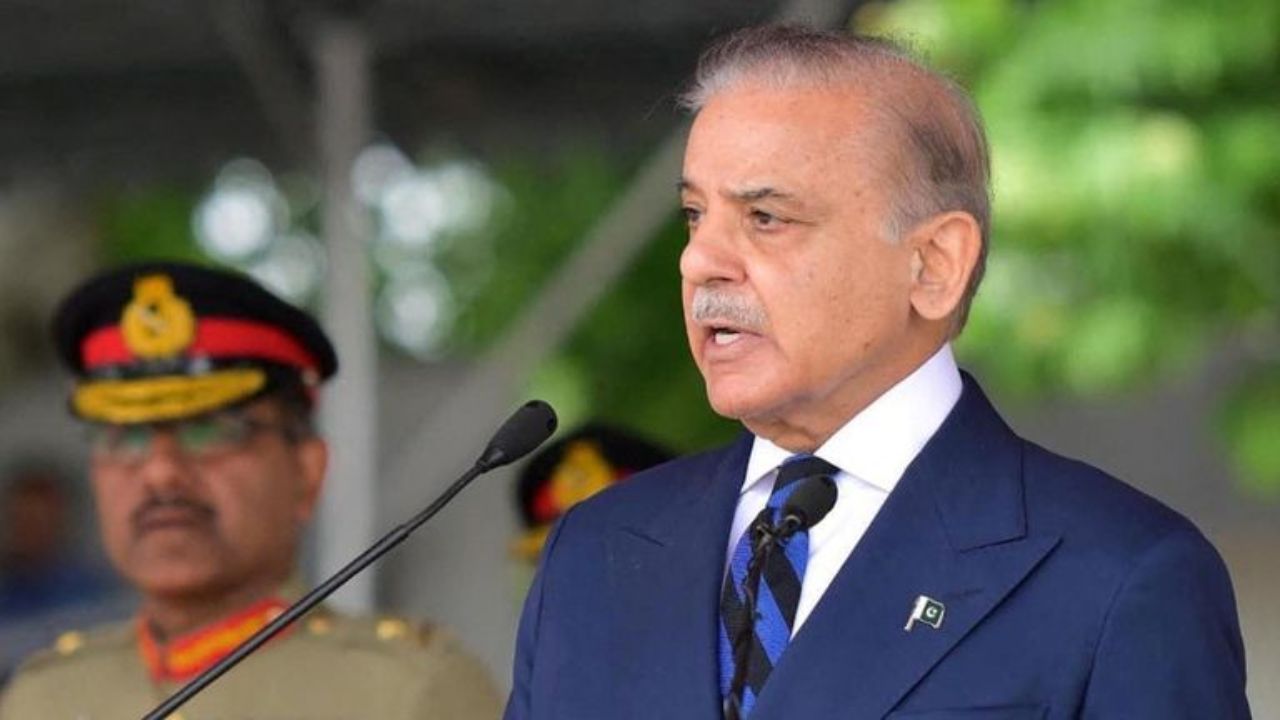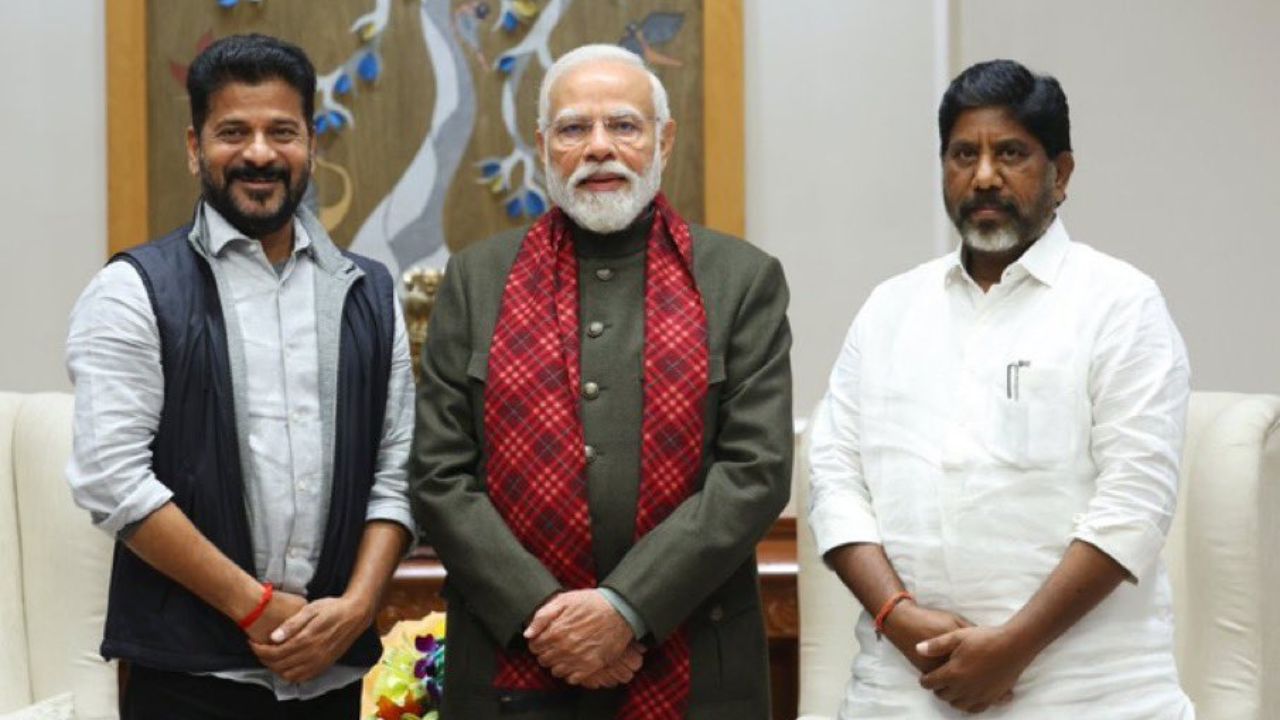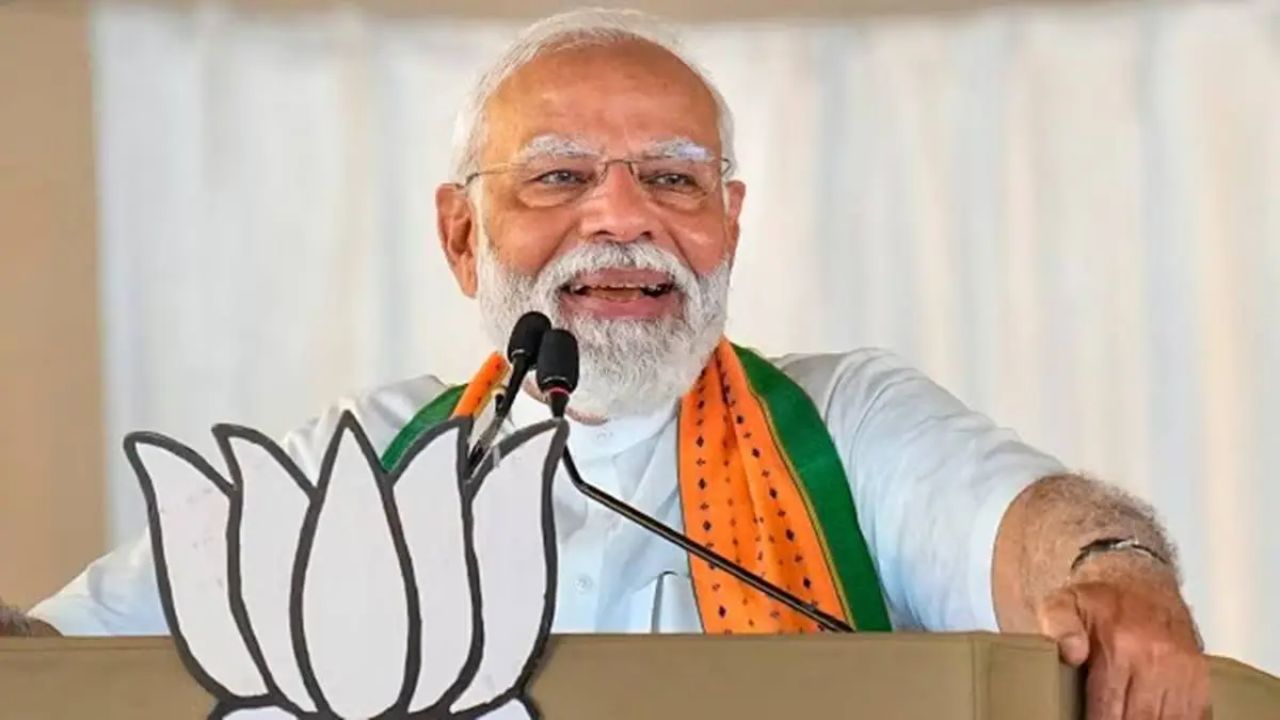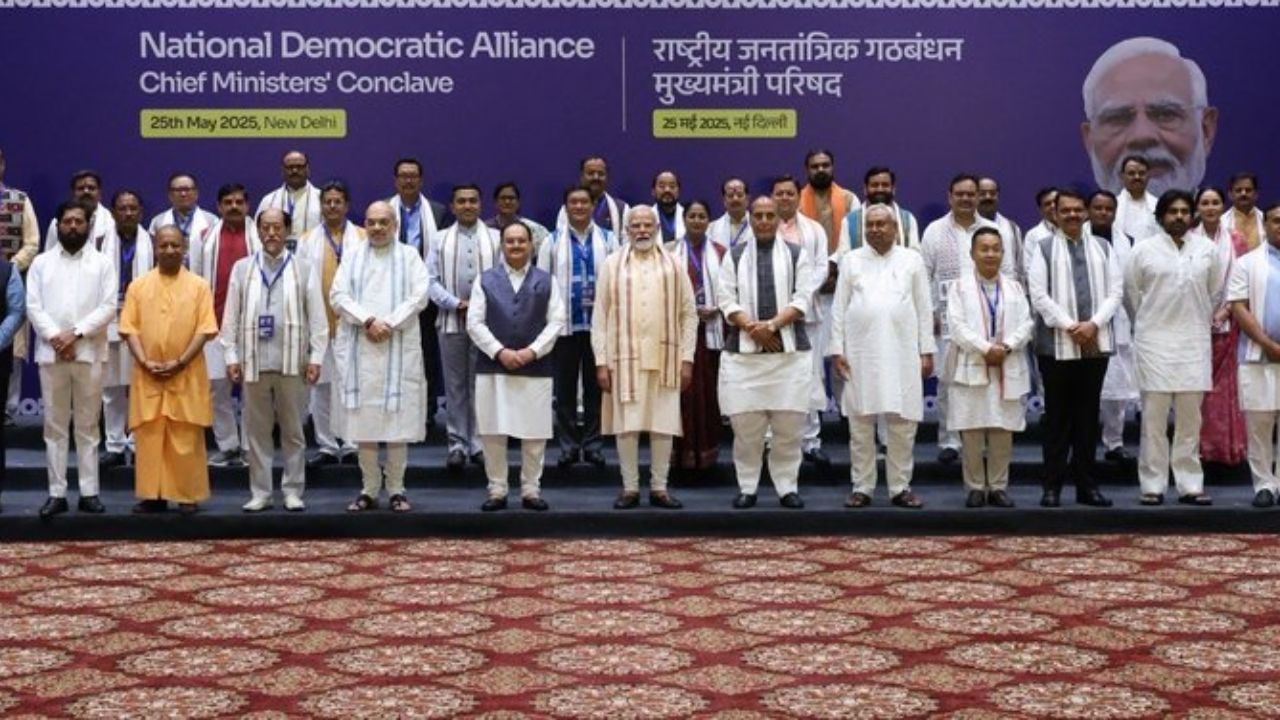PM Memorial demands Rahul Gandhi to ‘return’ Nehru’s letters taken by Sonia in 2008
The matter surrounding the removal of the Nehru letters from public access has sparked significant interest, with political figures and historians raising concerns about transparency and the preservation of India's historical record. The PMML Society's
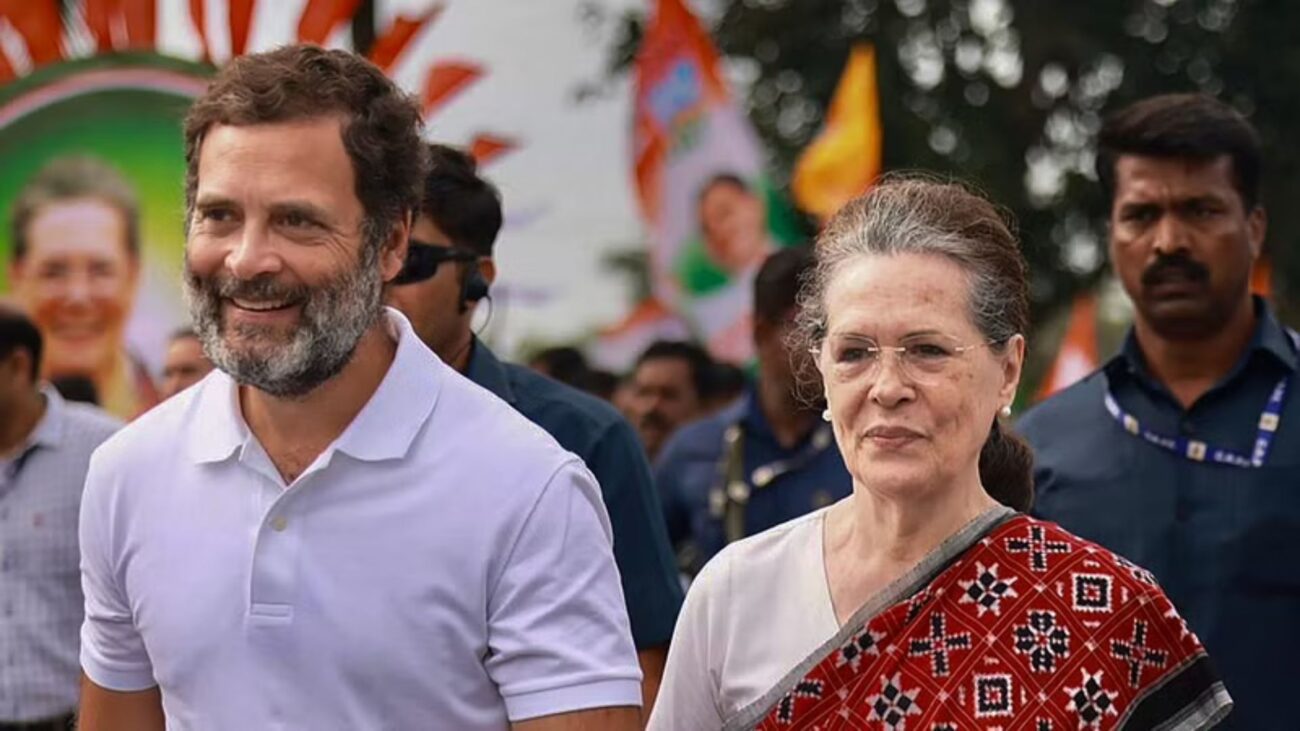
The matter surrounding the removal of the Nehru letters from public access has sparked significant interest, with political figures and historians raising concerns about transparency and the preservation of India’s historical record. The PMML Society’s continued efforts to retrieve these documents highlight the ongoing tension between the desire for public access to national heritage and the secrecy that has shrouded the circumstances surrounding their removal.
The documents in question, including personal letters from Jawaharlal Nehru to influential leaders such as Lady Mountbatten and other prominent figures of the time, are believed to contain insights into India’s political landscape during the pivotal years of independence and nation-building. Historians argue that these letters could offer valuable perspectives on Nehru’s personal and political relationships and help illuminate his decision-making during some of the most crucial moments in India’s history.
In his recent letter to Rahul Gandhi, Rizwan Kadri emphasized the broader historical importance of these letters. He pointed out that the correspondence includes crucial material that is significant to Nehru’s personal history and integral to understanding the evolution of India’s political and diplomatic history. “Until these letters are restored to public access, it is impossible to fully assess the reasons for their removal or the impact they could have had on our understanding of that era,” Kadri said in his letter.
The BJP has also seized on the issue, with Sambit Patra highlighting the political dimensions of the matter. Patra’s remarks on the curious nature of the correspondence with Lady Mountbatten have raised more questions about the potential contents of the letters, suggesting that they may contain sensitive or controversial information. “What is in these letters that warranted such secrecy? Why would Sonia Gandhi authorize their removal as UPA Chairperson in 2008?” Patra questioned, adding that the public deserved answers.
The issue has also drawn the attention of scholars and historians who believe that removing such documents, especially those tied to a central figure like Nehru, raises questions about the control and manipulation of historical narratives. As Kadri noted, these documents are integral to understanding the complexities of India’s first decade of independence and the relationships between key figures at the time.
Meanwhile, the Nehru Memorial Museum and Library, which houses these documents, continues to be a prominent institution for researchers and scholars seeking to understand Nehru’s legacy. However, the dispute over the letters has overshadowed the museum’s role as a repository of historical materials. The controversy has led to calls for greater oversight and transparency in managing the museum’s collections, ensuring that critical historical documents are not hidden or manipulated for political reasons.
As the issue remains unresolved, the PMML Society and other groups continue to push for the return of these crucial documents. The case highlights the ongoing struggle for control over India’s historical legacy and the complexities involved in maintaining the integrity of national archives. As the debate unfolds, all eyes remain on Rahul Gandhi and whether he will step in to ensure that these historically significant letters are returned to the public domain.
The matter is likely to be a focal point of further political and historical discussion in the coming months as the public waits for clarity on the reasons behind the removal of these key documents from one of India’s most important historical institutions.


